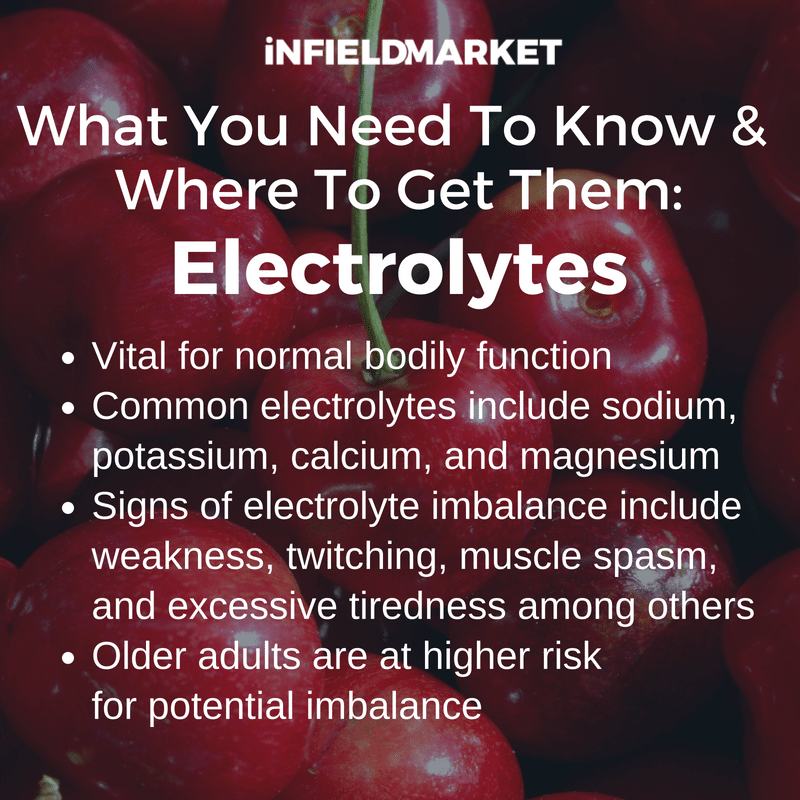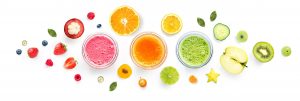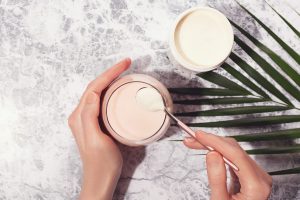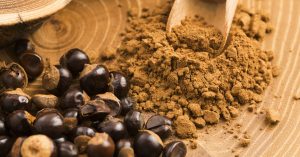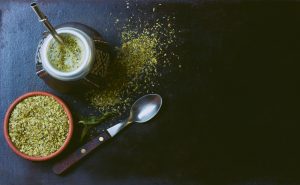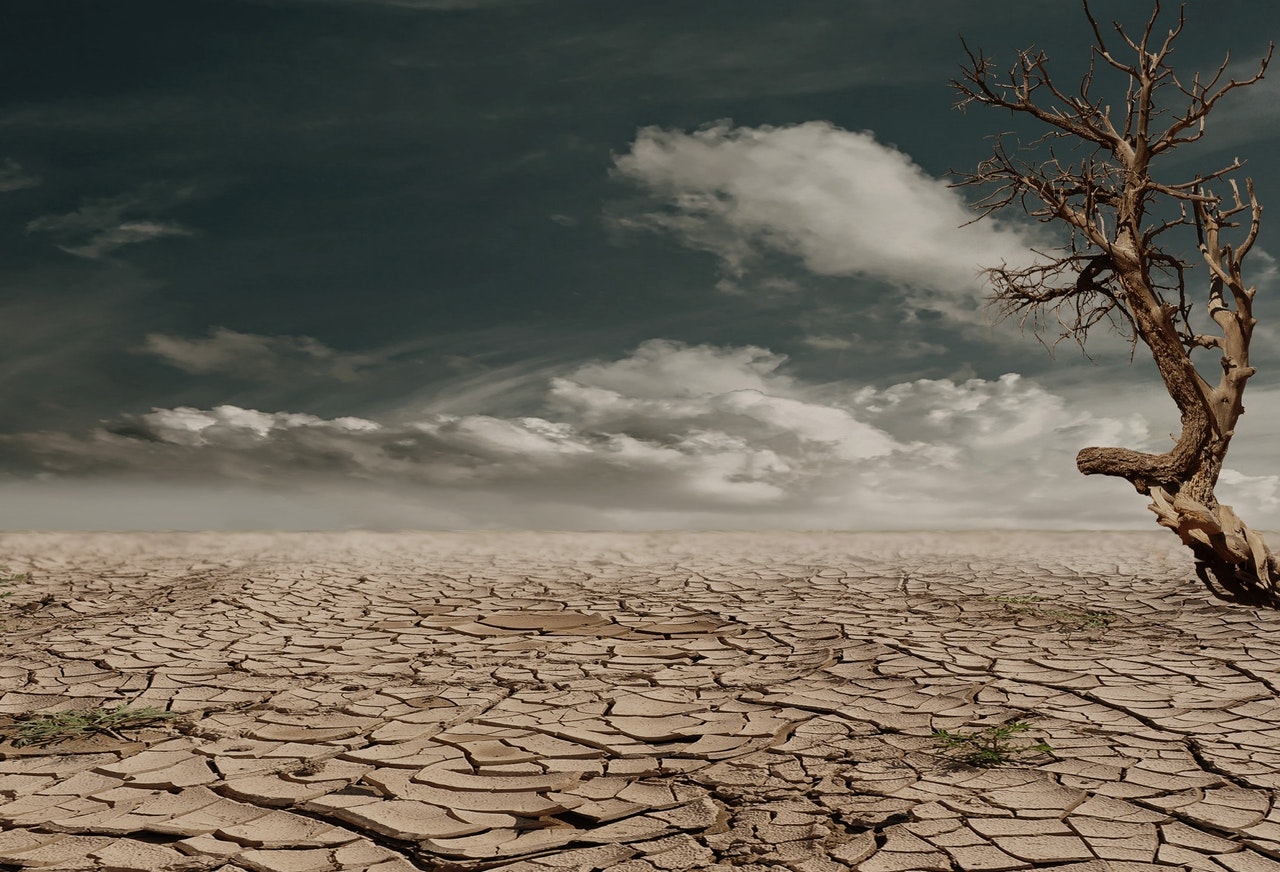
Hi all, Tim here. I wanted to take the reins and get a little more candid about this month’s topic, dehydration.
In my head, I’m still 28, but in real life, I’m …well… we’ll just go with tickling the top of the hill. After a recent workout with a friend of mine, I noticed she was downing a quenchable looking liquid from a mason jar (so you know it was legit). Anyway, I asked her what she was drinking, and she told me it was cucumber and watermelon juice. Of course, I thought to myself, after all she has been involved with some pretty big juice companies – even before they were big – like when they were still making juice in their garage. Now juice is not the point here, but let me continue. She went on to tell me that sometimes she just needs something other than water and she is working on hydrating better because whether we know it or not we all suffer from some sort of chronic dehydration for one reason or another. CHRONIC DEHYDRATION, that stuck with me.
How Dry Are You?
Sometimes you’re dehydrated, and you just know it. You can feel it in your body, literally. Other times you don’t realize it until you’re thirsty and by that point, it’s too late because you’re already quite dehydrated. Have you thought about how much water you’ve had today? Alternatively, what you’ve consumed in terms of food and beverage? You can get some alternative forms of water through diet though usually not enough to fully hydrate you.. Does your day sound something like this?
Breakfast –coffee, coffee, shake or bar, coffee, coffee
Maybe you drink a glass of water between breakfast and lunch, but maybe not.
Lunch – Iced tea, diet coke… Sandwich, burger, salad…
Afternoon caffeine or maybe you have water between lunch and dinner, but again most are not.
Dinner – Iced tea, water, diet coke, wine, beer… food
Did you get a workout in today? If you sweat like the average person, you lose .8 to 1.4 liters, or 27-43 ounces, of sweat per hour of exercise. Think of it this way, in just one hour of workout you could lose about one Big Gulp (30oz) from 7-Eleven. Yes, I went there. Not to mention, we are born with 2-4 million sweat glands, so we are primed for sweating. I mean we’re just talking about diet and exercise here, but many factors can cause dehydration:
- Stress
- Hormones
- Travel
- Work
- Illness
- Weather
The list goes on.
So back to my story, I took the recommendation of my workout buddy and got to work hydrating. While holding my insistently curious 15-month-old daughter, I juiced cucumbers and watermelon that night. Full disclosure: holding a toddler is not recommended when juicing, but what can I say I’m a sucker for the “dadda” chants. Anyway, I thought about the sugar intake, but knew that the fresh fruit benefits outweigh the bad. I’ve stuck with it for a few months now. Not really making any other changes to my diet, and guess what? It works. I notice the difference. My energy is up, my sleep is better, and I have more flexibility… I could go on. All these things I’m noticing are considered anecdotal, but thirst is real. Sometimes it’s even hidden as hunger.
Imagine what the benefits of proper hydration are internally? What is chronic dehydration doing to our insides? Let’s take a quick look from head to toe.
Brain Drain
Did you know that the brain is made of 60% water? Also, it’s one of the most important things to keep hydrated because it sends signals to the rest of your body for basic movement and processes. Once dehydrated there is fatigue, delayed reaction time, memory loss, coordination issues, headaches, fogginess, dizziness, and confusion. Then there is dry eye, eyestrain, and many other cognitive problems.
Matters of the Heart
When it comes to the heart things get pretty serious. Your heart rate increases by trying to overcompensate for the lower volume of blood running through your vessels. So even though your heart rate is increased, the amount of blood your heart is circulating is smaller which means your heart is running less efficiently than it would if it was hydrated – it’s not pumping as much blood as it could to help the body run at full steam. Finally, your body is retaining more sodium in the bloodstream. High sodium in the blood causes smaller blood vessels to close putting more pressure on the main blood vessels causing your blood pressure to rise.
The Main Frame
On the inside, dehydration leaves you prone to muscle cramps and intense pain. Think of it like this, your body is like a machine without lubricants – rusty and stiff, not running smoothly. Your muscles are like beef jerky and less like a fresh juicy cut of steak. On the outside, your skin is dull, flaky and itchy. Your lips are chapped, and your hair is lifeless and split. While these things mentioned above are just a fraction of what dehydration causes it’s important to know that it runs the full gambit on your body from a mild headache to full on vomiting, kidney stones, and even hypothermia. Dehydration is no joke, even at the milder stages actions should be taken immediately to get your body back on track.
Replenish This
So how do you get yourself straightened out? Well, depending on the severity of symptoms anything from water and a snack with sodium to sports drinks or fresh fruit juice could be the answer. These beverages are stocked with electrolytes – all the nutrients, vitamins, minerals and things your body needs to recover properly. Why are electrolytes so important? Well, a recent Medical News Today article I read says it best, “an electrolyte is a substance that conducts electricity when dissolved in water. They are essential for a number of bodily functions.”
The piece goes on to say that “many of the automatic processes in the body rely on a small electric current to function and electrolytes provide this charge.” In short, electrolytes regulate many things in the body from nerve and muscle function to hydration, blood acidity and pressure, and the regeneration of damaged tissues. Muscles and neurons rely on movement of electrolytes all around cells for proper function. This report also shares a great example of how these electrolytes work to help a muscle function saying, “a muscle needs calcium, sodium, and potassium to contract. When these substances become imbalanced, it can lead to either muscle weakness or excessive contraction.” Thinking about that and bringing it back to exercise fatigue drives it home and makes perfect sense, doesn’t it?
Formulate YOUR Hydration Own Hydration!
Hydration is key to virtually every bodily function and what I’ve discussed above are some pretty valid points in understanding how we all are suffering a various level of dehydration. We aren’t consuming enough water or electrolytes ensuring mild dehydration, and on top of that regular exertion on our body is compounding and guaranteeing a state of chronic dehydration. Getting a glass of water is easy enough, but why not get a glass of electrolytes just as easily? You can formulate your own hydration and that’s why we are so excited to announce the launch of our Super Fruit Line at Infield Market – all organic freeze-dried products:
And, one we’ve really been blown away with, Deep Ocean Minerals™. Deep Ocean Minerals™ is a mineral-derived raw material innovation manufactured from deep ocean water using a sustainable-patented process, which features a synergistic profile of over 70 essential minerals and trace elements. Deep Ocean Minerals™ are drawn from water from a minimum of 600 meters below sea level in a geographically protected location off the east coast of Taiwan. There are no sunlight or pathogens just seawater rich naturally occurring minerals that are essential to the body and are comparable to the ion profile in human blood. Several studies and published clinical research has proven that DOM provides accelerated recovery, energy and rejuvenation of the human body upon receiving the mineral-rich ocean water before, during and after physical activity.
